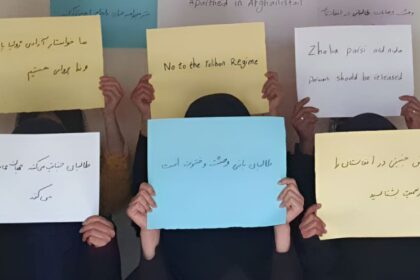RASC News Agency: In the backdrop of burgeoning challenges posed by escalating poverty and unemployment within the nation, the United Nations Office for the Coordination of Humanitarian Affairs (OCHA) unequivocally posits that a staggering 23.7 million individuals in Afghanistan find themselves ensnared in the grim clutches of severe destitution. On the momentous Monday of January 8, OCHA expounded in a comprehensive report, articulating that the economic plight haunting the Afghanistani populace is profoundly disconcerting, thus substantiating the imperative need for humanitarian assistance in the imminent year of 2024.
The office, in its discerning analysis, accentuated that women emerge as the most vulnerable demographic in Afghanistan, elucidating that over the past two years, they have grappled with a myriad of challenges spawned by the Taliban’s imposition of stringent measures. The comprehensive report meticulously delineates, “Nearly half of the Afghanistani population is mired in poverty, with this prevalence particularly pronounced among women. Despite a semblance of economic stability in 2023, a staggering 65 percent of households still weathered the tumultuous storms of economic upheavals.”
This profound revelation aligns with OCHA’s antecedent classification of Afghanistan among nations grappling with the dire specter of food insecurity, underscoring the poignant reality of the disproportionate impact borne by women and children. It is profoundly salient to note that since the advent of Taliban control in Afghanistan, the levels of poverty and unemployment among the citizenry have surged exponentially, thereby instigating profound apprehensions within the populace and echoing a clarion call for urgent intervention on the global stage.






